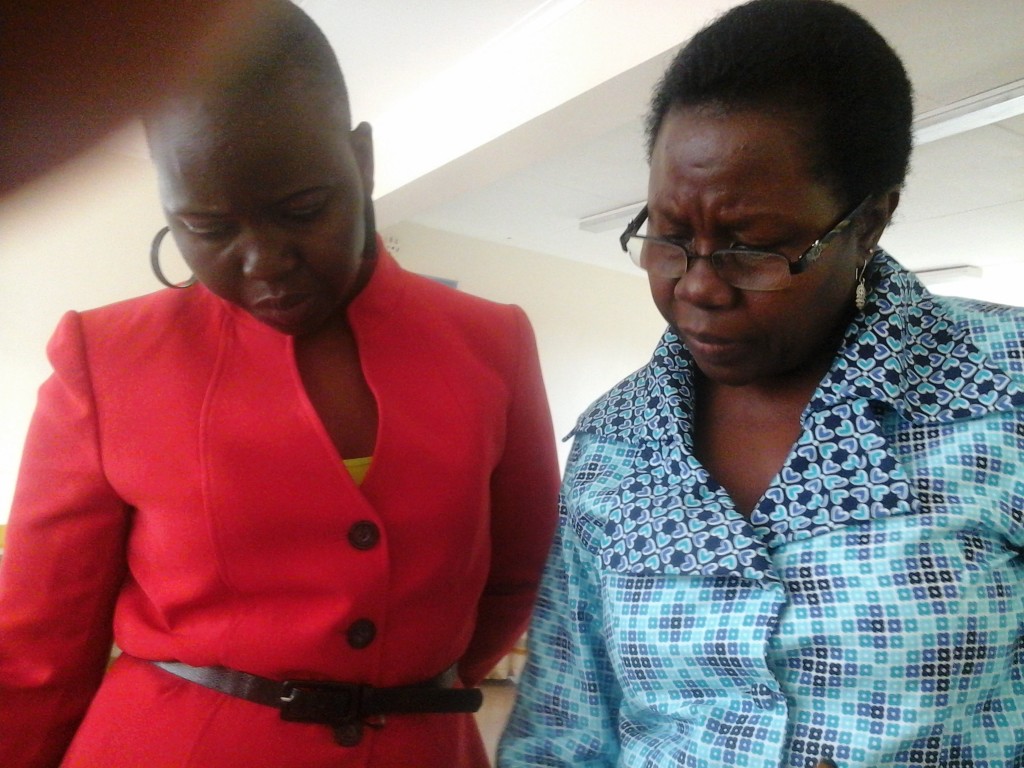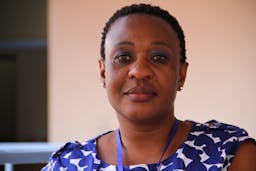Zimbawe's Women Political Leaders call on Kenya's Elections and Boundaries Commission (IEBC)
Jan 21, 2015
Story


A delegation from the Africa Center for Transformative and Inclusive Leadership, Kenyatta University comprising Zimbabwean women parliamentarians and Zimbabwean women leaders from the political parties said yesterday there is need for an affirmative action and for a permitting and gender sensitive security sector environment to encourage the participation of women in elections. In a meeting with the Elections and Boundaries Commission (IEBC), which was organized under the auspices of UN-Women, the delegation commended Kenya for the composition of the electoral body whose three of the eight Commissioners are women.
The visiting group was here to learn from IEBC’s experiences in the preparation and the conducting of the massive 2013 election, and was received by IEBC’s Chairperson Ahmed Hassan Issack, Vice Chairperson Lilian Mahiri Zaja, Commissioners, Acting CEO and Commission Secretary Betty Nyabuto, the Registrar of Political Parties and some senior members of management. Zimbabwe will hold its next elections in 2018, and the four years ahead present a rich opportunity for development workers to hold the government of Zimbabwe accountable for ensuring that gender equality commitments are implemented in electoral and other governance processes in the country.
Five women parliamentarians and eight senior leaders from the political party wings in Zimbabwe are at the UN Women-ACTIL at Kenyatta University, Kenya to attend a Level III training course in Leadership, Conflict Analysis and Management for female parliamentarians and women politicians. A key component of the training course includes excursion visits and / or guest presentations by individual panelists or members from identified Kenyan institutions. The excursion visits target key institutions of political governance in Kenya which include the Elections and Boundaries Commission, the National for Cohesion and Integration Commission (NICC) and the Women’s Parliamentary Caucus of Kenya, among others. This is meant to immerse participants into the realities of political leadership of women in Kenya and to generate cross-regional sharing of experiences and ideas. This initiative by UN Women Zimbabwe, if taken seriously by individual women involved and nurtured carefully by UN Women and other development partners, has potential to help women rise up ‘in a man's world’. Women have much more to offer if they can work collaboratively in safe environments without being subjected to the constraints that patriarchal processes and systems would hinder them with.
In her speech to introduce the delegation to IEBC, Florence Butegwa, UN Women ESARO's Regional Advisor, Governance and Leadership stressed the point that women have potential to bring alternatives to politics if they embrace and utilize their feminine metiers by rising above their differences and putting their efforts into powerful collaboration. Women can truly legislate positive changes on behalf of all the women they represent, and second, their productive example may provide a better working model for men in politics to pattern after. This call is not restricted to Zimbabwean women only, but resonates with women politicians the world over, and the world could actually see real progress made in some of the areas that mean so much to us no matter where we live - such as violence against women, including using rape as a weapon of war, human trafficking and sex slavery, environmental protection, clean water, safe access to technology, and so much more.




